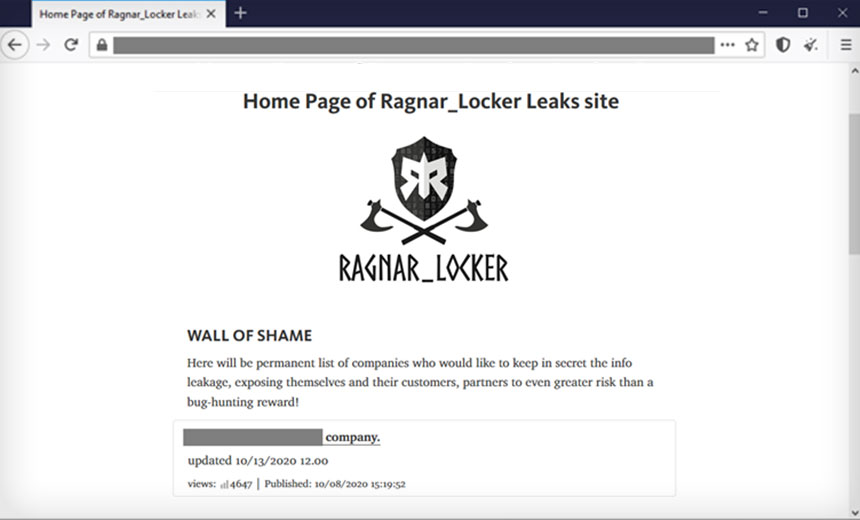BlackBerry Prevails Against MobileIron’s Baseless Extortion Claims
BlackBerry Limited (NYSE: BB; TSX: BB) today announced that earlier this week, a California federal court approved a stipulation submitted by MobileIron dismissing with prejudice claims MobileIron filed earlier this year alleging that BlackBerry attempted to “extort” MobileIron into entering a patent licensing agreement. As a result, MobileIron will have to pay BlackBerry’s costs and attorney’s fees in defending against those claims.
In its complaint filed earlier this year, MobileIron claimed that BlackBerry attempted “civil extortion” by sending MobileIron notices of patent infringement. But as BlackBerry maintained throughout the suit, BlackBerry’s efforts to enforce its patent rights were at all times proper, and MobileIron’s claims to the contrary were both “abusive” and “meritless.” The dismissal of MobileIron’s claims vindicates BlackBerry’s position and the propriety of BlackBerry’s licensing practices.
“BlackBerry is a pioneer in mobile security and enterprise software and has always stood behind its technologies and licensing practices,” said Steve Rai , Chief Financial Officer, BlackBerry. “We are gratified that these meritless claims have been definitively put to rest and will continue to vigorously defend BlackBerry’s position. We appreciate the change in direction that Ivanti, MobileIron’s new owner, has taken with respect to this suit and look forward to working with them to reconcile the remaining open items.”
BlackBerry’s portfolio consists of approximately 38,000 worldwide patents and applications covering a wide array of technologies including wireless communications, networking infrastructure, acoustics, messaging, enterprise software, operating systems, virtualization and cybersecurity.
About BlackBerry
BlackBerry (NYSE: BB; TSX: BB) provides intelligent security software and services to enterprises and governments around the world. The company secures more than 500M endpoints including over 175M cars on the road today. Based in Waterloo, Ontario , the company leverages AI and machine learning to deliver innovative solutions in the areas of cybersecurity, safety and data privacy solutions,…


